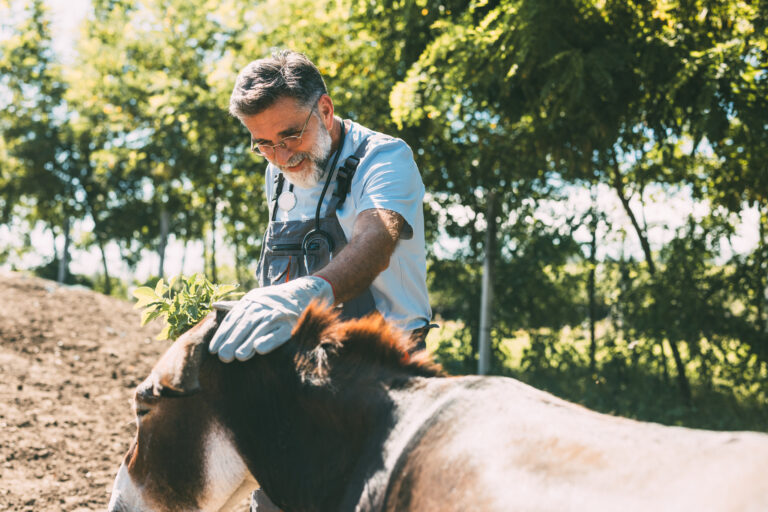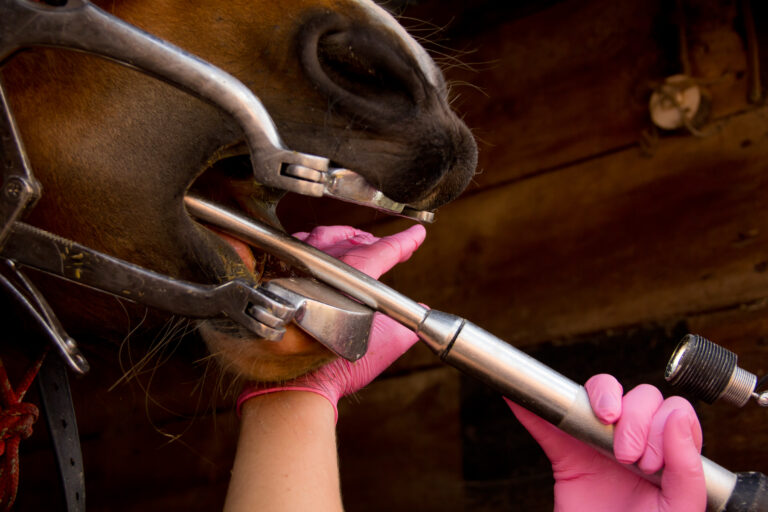While the topic of deworming seems fairly straightforward—give a horse a worm-killing paste product—there remains a good deal of confusion among horse owners. In the late 1990s, Denmark implemented a prescription-only deworming protocol that encouraged horse owners to consult with their veterinarians for this preventive management strategy. Other European countries have followed suit with the objective of minimizing the development of parasite resistance to deworming products by getting veterinarians involved. This is good not only for equine health, but for veterinary business health as well.
In the process of assessing the success of this program, a survey was conducted in 2008, with 1,060 responses from Danish horse owners. Questions asked in the survey touched on such topics as a) surveillance through fecal egg count reduction testing (FECRT); b) anthelmintic treatment intensity; c) horse owner knowledge and perceptions about the importance of various attributes of parasite control; and d) horse owner willingness to pay for advice and parasite surveillance services from veterinarians.
The survey results indicated that nearly 72% of the respondents were familiar with the concept of selective therapy, i.e., using deworming strategies based on fecal egg count reduction testing in individual horses. Further, it appeared that those owners with an interest in this topic and those with more education were those with the better understanding of parasite control programs. However, confusion persisted over the difference between large and small strongyles.
Most of the horse owners dewormed and/or did FECRT twice a year on all age groups of horses. Of most importance to the respondents was the prevention of parasitic disease and of drug resistance, whereas both cost of deworming and frequent fecal testing were of less importance to those surveyed. Nearly half of the horse owners claimed they were willing to pay more for parasite control strategies than what they actually spent.
One overriding conclusion from the survey was that foals and young horses were treated in a manner similar to adult horses, although this is not the best herd health medicine.
Overall, information obtained from the survey indicated that “better and clearer communication must be implemented to educate horse owners about optimal guidelines for equine parasite control.” This remains an important role for veterinarians: to counsel their clients and remain involved in parasite control measures. Editor’s Note: This was adapted from an article published in Veterinary Pathology




